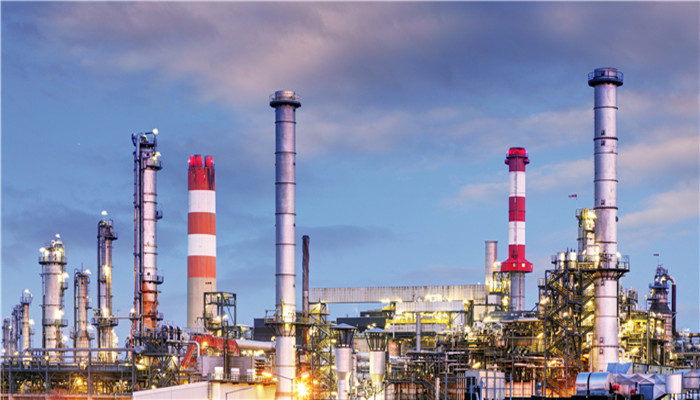
Upgrading of downstream market demand and urgent need for high-end development of α-olefin industry
α-olefins are single olefins with double bonds at the end of the molecular chain, generally referring to high-carbon olefins of C4 and above. There are many types of α-olefin products. According to different carbon number ranges, α-olefins can be divided into C4α-olefins, C6-C10α-olefins, C12-C14α-olefins, C16-C18α-olefins, etc. Under standard conditions or normal temperature, C6-C18 α-olefins are mostly volatile liquids, and α-olefins above C18 are waxy solids. Alpha-olefins with different carbon chain lengths have different applications, among which alpha-olefins with C4, C6, and C8 components are the most widely used.
According to the “2022-2026 China α-Olefin Industry Market Supply and Demand Status and Development Trend Forecast Report released by the Industrial Research Center, Globally, alpha-olefin production capacity is mainly concentrated in Europe, North America, the Middle East, China and other regions. Among them, European and American countries started alpha-olefin research and development early and have advanced production technologies, and they occupy the main share of the global alpha-olefin market. In the international market, α-olefin suppliers mainly include Shell, Japan’s Idemitsu, Chevron, Saudi Basic Industries Corporation, Ineos, etc.
In terms of production technology, α-olefin production technology mainly includes wax cracking method, ethylene oligomerization method, vegetable oil method, mixed C4 separation method, Fischer-Tropsch synthesis method, etc. Among them, the ethylene oligomerization method uses ethylene as raw material, under the action of catalyst A process in which oligomerization reactions occur. The ethylene oligomerization method is the most widely used, and its main processes include SHOP method, Linde method, Gulf method, Ethyl method, etc.
There are certain financial and technical barriers to the α-olefin industry, and the entry threshold for the industry is relatively high. After years of development and technology accumulation, my country has gradually realized the production of α-olefin industry. The main production companies are Sinopec, PetroChina and their affiliated companies. However, due to its late start and limited technology, my country’s α-olefin industry still lags far behind the international advanced level in terms of scale, application, and quality, and demand for high-end α-olefins still relies on imports.
In terms of production capacity distribution, my country’s α-olefin production capacity is mainly distributed in the Yangtze River Delta, Pearl River Delta, Bohai Rim and other regions. Domestic α-olefins are mainly mid- to low-end products. Under the general trend of consumption upgrading, mid- and low-end α-olefins are increasingly unable to meet market demand, and there is an urgent need for high-end development of the α-olefin industry. In order to promote the high-end development of α-olefins, the Chinese government has also issued a number of plans and supporting policies to encourage the acceleration of high-carbon α-olefin comonomers such as 1-butene, 1-hexene, 1-decene, and 1-octene. R&D work. Under the background of policy support, technological progress, and demand upgrading, the α-olefin industry will be upgraded in the direction of high-end, low-cost, environmentally friendly, and refined.
Industry analysts said that α-olefins can be used to produce lubricants, detergents, HDPE, LLDPE and other products, and can be upgraded in downstream industries. Under the current situation, the high-end α-olefin industry has broad development space. Due to technical limitations, domestically produced α-olefins are mainly concentrated in the mid- to low-end fields, with insufficient supply of high-end products and market demand dependent on imports. In the future, Chinese companies will still need to increase research on high-end α-olefin technology and industrialization and expand high-end α-olefin production. ability.

 微信扫一扫打赏
微信扫一扫打赏

